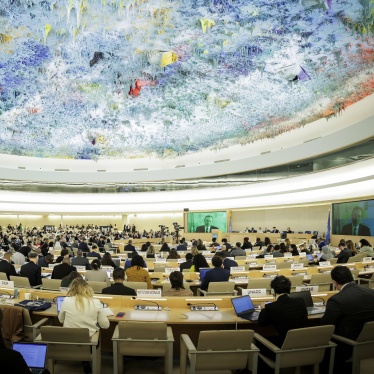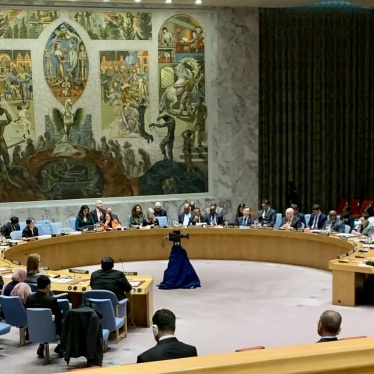Make no mistake, the Rohingya crisis continues unabated. Hundreds of thousands of Rohingya are at risk in both Myanmar and Bangladesh. Around 500,000 Rohingya remain in Rakhine State, where the government of Myanmar has taken paltry few steps to reform and revise the laws, policies and practices that have effectively made many of them prisoners in their own villages or in internally displaced persons camps. The consequence of these failures and deliberate policies means that Rohingya in Myanmar continue to face deprivation of their basic rights, including to their freedom of movement, education, and health care. This is all facilitated and exacerbated by the Myanmar government’s unwillingness to address and amend the discriminatory 1982 Citizenship Law.
In Bangladesh, over 700,000 Rohingya refugees forced to flee their homes after a campaign of ethnic cleansing led by the Myanmar military are languishing in the squalor of large, densely packed, poorly constructed, unplanned, and extremely vulnerable camps. As the monsoon and cyclone seasons reach their apogees in the coming weeks, the risk only increases. The population endures the physical threats of landslides, flooding and the spread of communicable disease with no real relief in sight as attention and funding for critical programming has ebbed. The international community should not turn its gaze from this cascading crisis.
The recent agreement concluded between the Myanmar government, UNHCR and UNDP on the agencies’ participation in the process of returning Rohingya refugees and access to communities in northern Rakhine State could be a step in the right direction. But a lack of transparency and the Myanmar government’s history of hostility, obstruction and repeated denial of access to critical UN officials cast doubt about what the agreement actually says and whether it will be implemented.
Refugee return cannot be divorced from the question of impunity for the alleged crimes against humanity that caused the refugees to flee. Efforts by the Myanmar government to create a new commission of inquiry with a token international member and international staff cannot overcome a system known for partiality, lack of independence, and propensity to whitewash grave international crimes.
We support the High Commissioner’s call to create an accountability mechanism. A IIIM (international, impartial and independent) mechanism is urgently needed to gather evidence on perpetrators of grave crimes and prepare case files for prosecution. This should supplement, but is no substitute for, a Security Council referral to the International Criminal Court. Until there is genuine accountability, there will be no end to Myanmar’s cycle of impunity.







